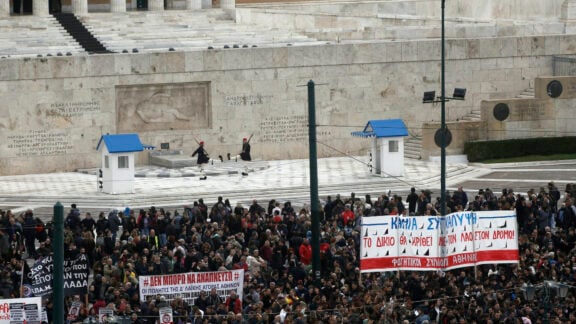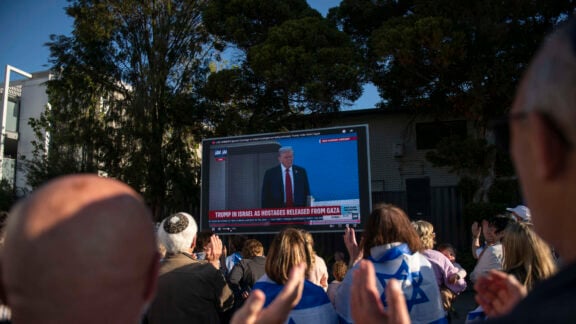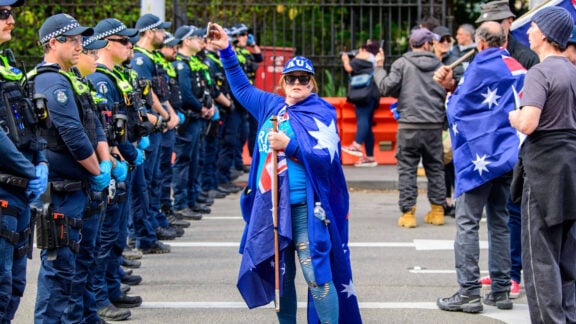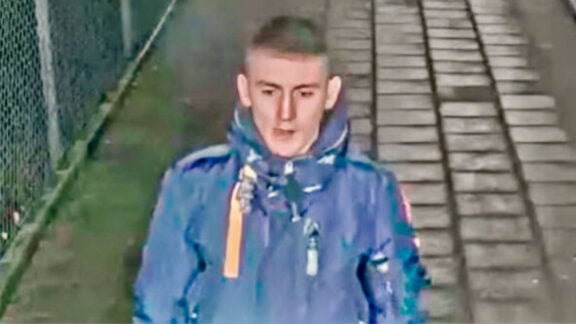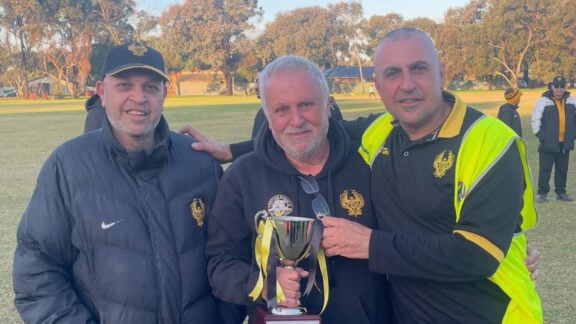Australian Parthenon Association Chairman, David Hill and vice president George Vardas will be presenting the case for the return of the Parthenon Sculptures to Greece in a seminar to be held during the Greek Festival of Sydney on 1 May.
The seminar, which is entitled All you ever wanted to know about Parthenon Sculptures, will be held at Ainsworth Theatre at the University of New South Wales’ Kensington Campus.
The association’s restitution campaign follows the recent unanimous UNESCO decision in favour of the return of the famous sculptures that are held by the British Museum.
“As global calls for restitution of artefacts of significant cultural heritage mount, we’re urging all Australians to seize the opportunity to learn about the Parthenon Sculptures’ history and join the fight for their restitution,” Mr Hill said. “We now live in a world where we’re increasingly accepting historical truths and collectively moving toward righting past wrongs.
In presenting the talk, Mr Hill will be joined Mr Vardas who will talk about the legal issues relating to the British Museum claims over the ownership of the Parthenon Sculptures.
Mr Hill said the seminar would highlight the history of the sculptures, the 40-year-long impasse with the British Museum, the unanimous decision by UNESCO’s Intergovernmental Committee for Promoting the Return of Cultural Property (ICPRCP) to include the return of the Parthenon Sculptures to Greece in its 22nd session last year. The seminar would also reflect on Greek Prime Minister Kyriakos Mitsotakis advocacy and the recent return to Greece of a Parthenon fragment from Italy.

“The British Government has recently deflected the issue back to the British Museum which maintains its claims that the Sculptures were legally acquired according to the laws of the time. … This of course is subject to great debate and without global pressure and legal understanding, we won’t be able to move past the impasse,” Mr Vardas said.
Mr Hill noted that one of the key arguments that British Museum had cited was that were it to return to the Sculptures, it would open the door to more claims that would lead to the emptying of treasures held in museums in the West.
“While we’re not calling for the return of every piece or artefact in every museum around the world, there are
exceptional and special circumstances where cultural property should be returned.
“In November 2021, France returned 27 rare artefacts To Benin and Senegal and this was followed in February this year with the return of another two Benin Bronzes by Britain’s University of Aberdeen and Cambridge University’s Jesus College. We have also seen the return of an Easter Island Moai statue, from the Natural History Museum in Santiago, Chile,” Mr Hill said.
“Similarly, the Parthenon Sculptures are indisputably the cultural heritage that belongs to and is inextricably linked to the modern Greeks. They are the keys to Greece’s ancient history.”
* The All you ever wanted to know about the Parthenon Sculptures seminar, which is free will be held on 1 May, at the Ainsworth Theatre, Ainsworth Building J17, Engineering Road, UNSW, Kensington campus starting at 5pm to finish at 8pm. To register for the event, go to the Greek Festival of Sydney website: https://greekfestivalofsydney.com.au/event/all-youever-wanted-to-know-about-the-return-of-the-parthenon-sculptures/

